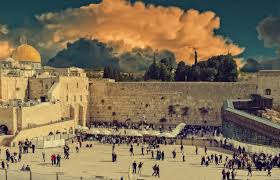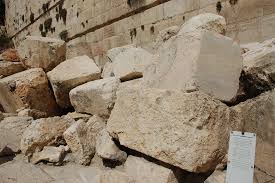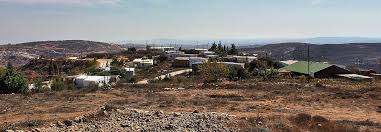Israel’s Upcoming Elections

April 9, 2019, Israel is going to hold its 21st national elections, seven months before they would have happened anyway. In a parliamentary democracy such as England or Israel, it is the right of a ruling coalition to decide to schedule elections early if they think they cannot continue to function or if they think the timing is good for “producing a new first down,” to borrow an expression from football. If by holding the elections now they think they might win, with favorable results, and waiting seven months for the scheduled time, they might lose, they will sometimes hold the elections early.
Under the present circumstances, Netanyahu decided to hold elections early for any of the following reasons: 1) There is pressure right now from the Supreme Court to pass laws that will make army deferments for chareidi Torah learners a smidgeon harder to attain. Netanyahu wanted to avoid that through elections, this being the main type of protection Netanyahu offers the chareidim in exchange for their voting with the coalition on other issues. 2) Netanyahu has criminal charges hanging in the air, charges he denies, and he wants to try to squeeze in elections before possible indictments make him less popular. 3) In April, Netanyahu will still be under 70 years old, and 69 sounds younger than 70.










